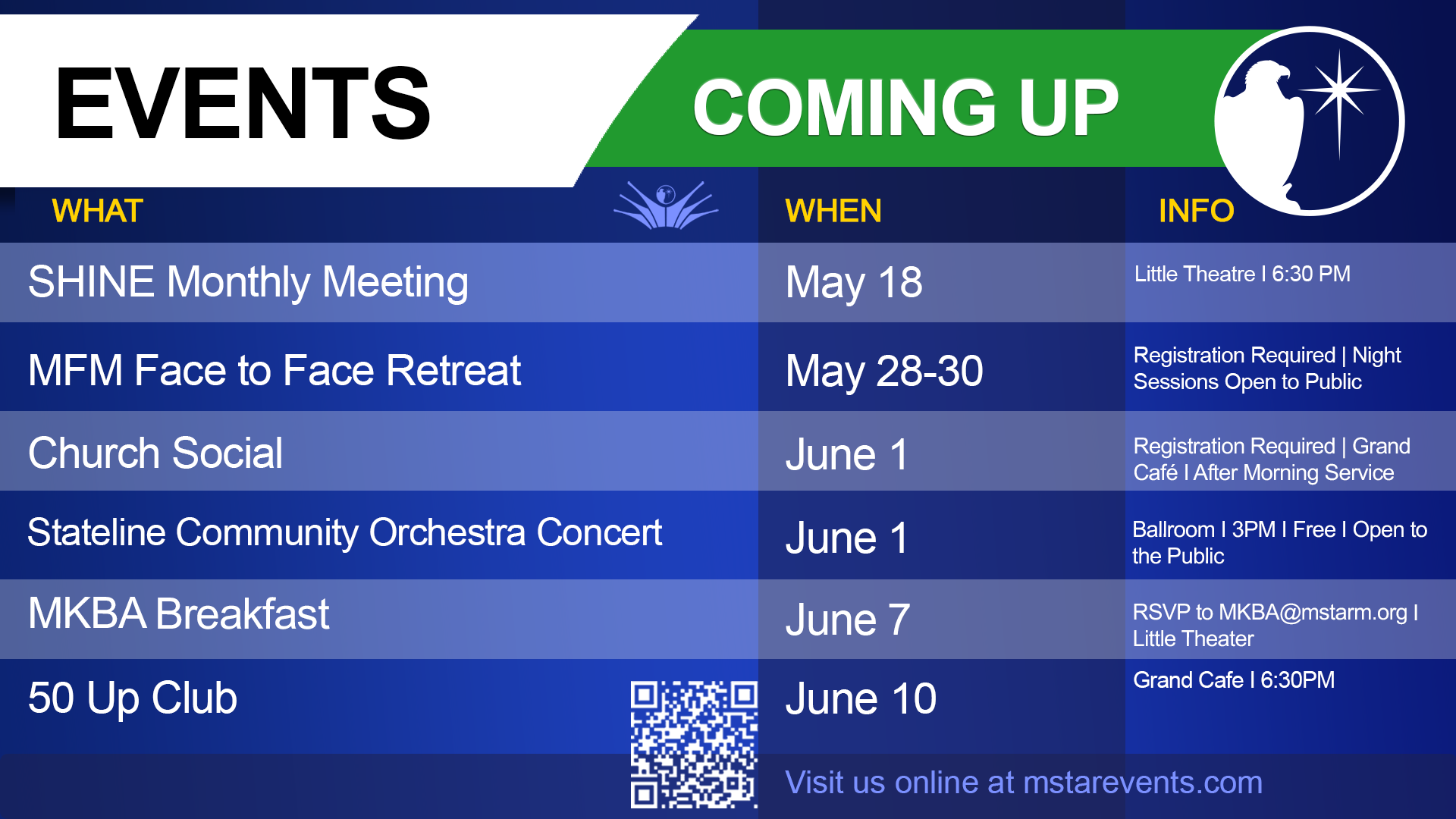- Dec 12Week 28Schooling for Ruling, Training for Reigning (Part 2)

We are discussing the life of David, whom God described as “a man after His own heart” (see I Samuel 13:14). David learned to be confident in God’s love for him, even when he was weak and vulnerable. The work that God did in him was gradual. We know God disciplined David for his sin, but this did not change God’s tender affection for David. Likewise, God offered His love and redemption to us. Our best response to God’s fierce love is for us to choose to obey Him.
There were several seasons in David’s life connected to the work God was doing in him. We see these principles of God’s leadership whenever He raises up leaders like David. When we follow the Lord and trust His leadership—even through confusing and uncertain circumstances—we become more valuable leaders.
As a young man, David’s commitment to God was tested in two ways: by rejection and by being faithful even while doing the boring, mundane work of a shepherd. In I Samuel 16:7, David was left in the field when his seven other brothers were called in to meet the prophet Samuel. His own dad did not see the potential in him, yet David continued to faithfully serve behind the scenes. Being faithful in little things is one of the main things Jesus will affirm on the day of judgment (see Matthew 25:21).
Next, David was tested by favor and popularity (see I Samuel 18-20). David became nationally prominent after killing the giant, Goliath. King Saul put him in a high position in the military, despite only being about eighteen years old. Then, he married the king’s daughter. He went from being a poor shepherd boy, who was overlooked by his own family, to marrying into the royal family. He gained popularity to the point where people were even writing songs comparing him to Saul, which Saul did not like.
Early promotion can be a part of preparation for a future role or destiny. However, David could have become so preoccupied in his new role that he became distracted from his primary reason for success: loving God. “The crucible is for silver, and the furnace is for gold, and a man is tested by his praise” (Proverbs 27:21 ESV). God was testing David’s heart in this season. When you hear the praise of other people, it can cause pride. However, you will remain stable when your heart is not moved by what people say, and when your heart is only moved by what God thinks and says.
In I Samuel 21-31, we see David being tested by adversity. For seven years he ran in the wilderness while Saul, his father-in-law, and three thousand soldiers sought to kill him. This was after he had become a national hero! How David reacted to this made a difference. No one could thwart God’s will from happening in David’s life; only David himself could have thwarted it by not responding properly to these unfair circumstances. You may be fighting adversaries or resistance right now, but this is only for a season. If you don’t quit, you will become an overcomer. You cannot thwart God’s will for your life unless you step out of agreement with God’s will.
When we feel the pain of mistreatment, disappointment, or delay, the darkest issues of our heart will surface. The pain of not receiving the recognition we expected is actually linked to pride. People who oppose us often bring to the surface pride we did not know was there. Pride is the greatest enemy of our calling. We either become bitter by focusing on the wrong that was done to us, or we become better by focusing on and dealing with our pride. David was not too proud to cry to God for help.
From about age thirty to thirty-seven, David was in a season of partial fulfillment of God’s promises (see II Samuel 2, 3, and 5). At the time, David was king over Judah. Judah was only one of the twelve tribes God had promised David he would eventually rule, but he was grateful. You will also be grateful for partial fulfillments of God’s will, if you only want what He wants when He wants it.
From about age thirty-seven to seventy, David was tested by pressures related to walking in the promises and blessings of God (see II Samuel 6-24). All twelve tribes were now united under him, but this was also a dangerous season for David. His sins relating to Bathsheba occurred when he was at the height of fulfilling his purpose. Even after God’s promises are fulfilled, we must keep loving and obeying God. “Beware that you do not forget the Lord your God by not keeping His commandments, His judgments, and His statutes” (see Deuteronomy 8:11).
No matter how bad things get—whether we are tempted to give in to rejection or praise, face adversaries, or something else—we must overcome the natural human response to wallow in bitterness or pride. Remember, we are schooling for ruling and training for reigning! God is working on us. Let’s embrace the season we are in, because living for God is all about having a good heart, a good spirit, and a good attitude, regardless of our circumstances.
Click here to check out my message "Schooling for Ruling, Training for Reigning" in its entirety. You can watch it and download the audio to enjoy wherever you go.


